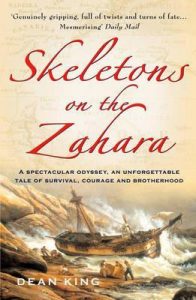These are some new tunes. They’re new to me at least. I bet you’ve never heard ’em until now but I wouldn’t be surprised if some of you heard about these when they dropped a few years ago. These two songs aren’t from Kenya but they sure get a lot of airtime in Kenya in matatus, clubs, ring tones, etc. I hope you enjoy these tracks as much as I do and sambaza (share/spread) them with everyone you know. Zimenibamba (they’ve “jazzed” me)!
Magic System — Premier Gaou
These dudes are from Côte d’Ivoire and this song is apparently from 2006 but I only recently realized how sweet it is. Now that I am in the loop I am pretty sure I’ve heard it in a few clubs over the past couple of years. Every time this song starts playing all the chicks in the joint shriek and jump up to dance with their girlfriends. You know what I’m talking about!
